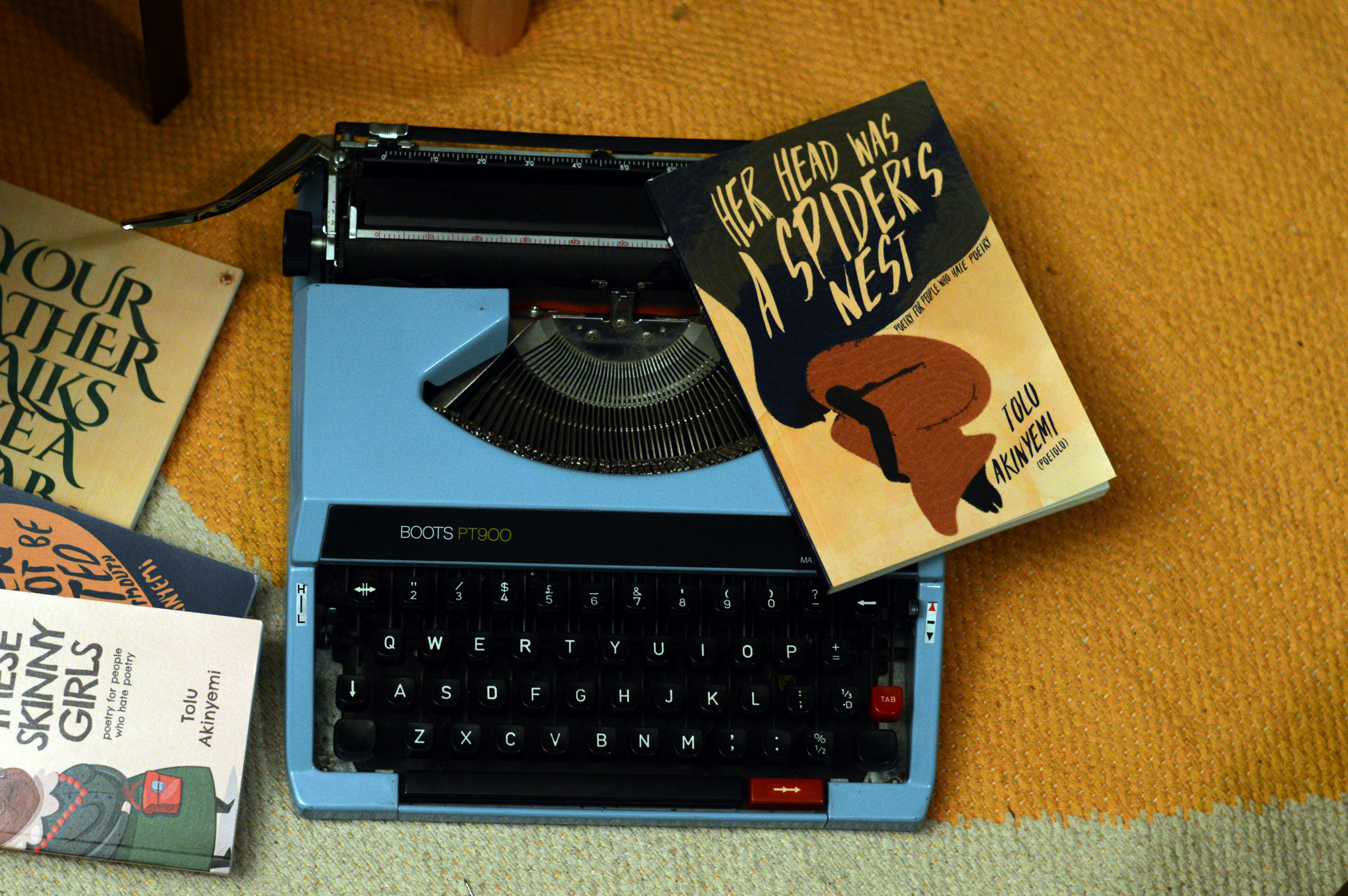Win Poetry Competitions: Master Submission Guidelines
by WriteSeen
Navigating the world of poetry competitions and submission guidelines can be daunting yet rewarding. In this guide, we aim to demystify the process and empower your poetry journey by offering key insights:
- Master the art of poetry competitions and submission guidelines to enhance recognition and refine your craft.
- Discover local and global competitions offering prizes like cash or publishing deals, with a focus on inclusivity and new voices.
- Learn how precise submission practices turn challenges into your competitive edge, ensuring your work shines.
What Are Poetry Competitions?
Poetry competitions are dynamic avenues that give your creativity a spotlight. They are tailored platforms where poets showcase talents, get recognition, and often win exciting prizes. Competitions vary widely and can be local or international, and offer varied rewards like cash, publication deals, or residencies. Prominent competitions include the National Poetry Competition in the UK and prizes from organizations like the Academy of American Poets. Participating in these contests helps in honing your skills through feedback and critique.
Competitions cater to all poet groups: novices, students, and underrepresented voices. Each competition you find can help you grow, whether it's the tangible prize you're after or the invaluable learning experience.
Types of Competitions
Different competitions cater to different goals and interests:
- Local Competitions: Ideal for gaining regional recognition.
- International Competitions: Broaden your audience with global exposure.
- Student Competitions: Educational institutions often host these with themes relatable to young poets.
- Themed Competitions: Challenge yourself with specific topics or formats.
Why Enter Competitions?
Entering competitions doesn't only put your work in front of judges but places it in the literary world. It’s not just about winning — it’s about growing as an artist. The feedback received, the themes explored, and the discipline required to meet deadlines enrich your experience. You’ll find that competitions push boundaries, not just in crafting poetry but in developing resilience and professional poise.
Poetry competitions offer tangible rewards while fueling creative growth.
Importance of Submission Guidelines
Submission guidelines are critical — they are the foundation of your competition journey. Failing to adhere to them can result in your work being disqualified without even being read. These guidelines help streamline the judging process and ensure fairness, by detailing formatting, deadlines, and content limits. Ignoring them can reflect poorly on your professionalism. Let's dive deeper into why they matter and what you need to be on the lookout for.
What to Watch for in Guidelines
- Formatting Requirements: Pay attention to font size, spacing, and any specific style guides required. Each detail can sway the judges' initial impression.
- Submission Formats: Whether a digital or hard copy submission is required can differ; know which one is needed.
- Deadline Rigor: Missing a deadline isn’t an option. Set reminders and allocate enough time for revisions before submission.
Competitive Edge
Following submission guidelines gives you an edge over those who don't. It reflects diligence and respect for the process — traits that speak volumes to judges. Plus, adhering to these rules means your poetry shines for its content, not its incorrect presentation.
Mastering the smaller details primes you for opportunities bigger than the guidelines themselves.
How to Find Poetry Competitions
Searching for poetry competitions doesn't have to be daunting. It’s about knowing where to look and leveraging trusted resources that have your interests in mind. The right competitions could be at your fingertips with these strategies:
Strategies for Discovery
- Online Platforms: Websites dedicated to writers, like WriteSeen, provide forums for updates on upcoming competitions and fellow creators’ insights.
- Networking: Connect with other poets and professionals. They can offer advice on the competitions that will best suit your style and goals.
- Social Media: Writing communities on platforms like Twitter X or Facebook often share announcements about competitions.
- Local Libraries and Colleges: Libraries often have bulletin boards with information about contests, and colleges might host their own to encourage students and local talents.
Stay informed through trusted writing networks — let them guide your search for the next competition.
How to Prepare a Strong Submission
Crafting a strong submission is voluntary homework that's vital if you're serious about marking your territory in the world of poetry. Your entry should not only fit the competition's requirements, but also stand out in quality and originality. It’s time to explore the ways you can elevate your submission game.
Steps to Polishing Your Poetry
- Theme Alignment: Select poems that fit the theme of the competition while maintaining your unique voice.
- Draft and Review: Writing is rewriting. Explore different drafts to find new angles before settling on the final version.
- Seek Feedback: Utilize peer feedback to bring out the best in your poetry. Platforms like ours enable secure, collaborative environments to refine your work.
- Attend Readings: Listening to or reading past winners can provide clarity on what styles resonate well.
Craft with Purpose
Focusing on these steps doesn't only prepare your submission for a specific competition but sharpens your overall poetry-writing skills. High-quality submissions resonate with authenticity and meticulous attention to craft — qualities every successful poet embodies.
Implement these methods and watch as your preparation translates into a submission that commands attention.
What Judges Look for in Submissions
Navigating the minds of poetry competition judges can seem daunting. Understanding their criteria firsthand will sharpen your entries and ensure your poetry stands out. Below, we break down what typically catches a judge's attention.
Core Elements Judges Seek
-
Originality: Judges crave fresh perspectives and unique voices. Your work should offer insights that challenge norms or express familiar themes in an innovative way. It's about moving beyond clichés, giving readers something unexpected.
-
Technical Skill: Mastery of poetic forms and techniques reflects dedication to the craft. Judges appreciate precise word choice, rhythm, and attention to detail. This doesn’t mean sticking rigidly to traditional forms — it's about using the tools of poetry to enhance your message.
-
Emotional Impact: Poems that evoke strong emotions or provoke thought often linger in judges’ minds. An authentic voice with a clear emotional core can create resonance. Be honest, and don’t shy away from complexity.
-
Adherence to Guidelines: Judges respect discipline. Following submission rules signals professionalism. They show you've read and respected the rules of engagement set by the competition. It’s all in the detail — from word count to formatting.
Connect Your Work to Judges
When submitting to a competition, think through the judges' perspective. They sift through numerous entries. The decision comes down to what makes your voice distinct in a sea of talent. Ask yourself: does this piece communicate what I intend? Let’s synchronize our efforts with the judges' expectations to elevate your submission to that winning spot.
Understanding what makes a submission successful provides a roadmap for enhancing your poetry. Utilize this insight to fine-tune your voice and connect with the judges.
How to Interpret Competition Themes
Interpreting competition themes involves more than aligning your work with a given topic. It’s an opportunity to showcase creativity within boundaries. Our aim is to help you decode themes powerfully.
Strategies for Interpreting Themes
-
Deep-Dive Research: Get to know the theme inside and out. Explore both literal and figurative understandings. Broaden your perspective and dig deeper into nuances.
-
Identify Core Elements: Identify the key components of the theme, then dissect them. What parts resonate with you? How can you flip standard interpretations on their heads?
-
Combine Personal Experience: Infuse personal insights to breathe life into themes. When a poem is rooted in authenticity, it often feels grounded and relatable.
-
Explore Past Winners: Look at entries from previous years to see how others have tackled themes. This offers insights into what approaches have been impactful.
Infuse Creativity
Themes should spark creativity, not box you in. Approach them as starting points—mere prompts to ignite your imagination. Think of themes as the canvas for your artistic expression. We encourage you to embrace bold interpretations. The more compellingly you align your creativity with the theme, the better your chances to captivate both judges and readers.

How to Handle Rejections and Move Forward
In the realm of poetry competitions, rejection is an inevitable part of the journey. It's crucial to understand that rejection doesn't define your talent; instead, it shapes your growth. Here’s how to harness these experiences.
Constructive Ways to Handle Rejection
-
Learn from Feedback: Some competitions offer feedback for unsuccessful entries. Use it as a learning tool. Constructive criticism can highlight strengths and areas for improvement.
-
Seek Diverse Opinions: Broaden your perspective by seeking insights from various readers and peers. A fresh set of eyes can provide valuable new viewpoints.
-
Maintain Resilience: See each rejection as a stepping stone. Even celebrated poets faced setbacks. Perseverance shows commitment to your craft and determination to grow.
-
Expand Your Horizons: Diversify your submission targets. More opportunities mean more chances for success. Stay active in seeking out new competitions with dynamic themes.
Fuel Your Motivation
Remain determined in your efforts. Rejection might sting, but it also empowers. It gives room to refine your voice, adapt strategies, and elevate your work. Keeping the right mindset helps you navigate this landscape, leading you to better preparation and stronger submissions. Let each ‘no’ propel you forward.
In poetry, growth often comes from pushing through challenges. Your journey doesn’t pause at rejection—it evolves.
Conclusion
Your goals in navigating poetry competitions and guidelines are crucial to mastery. Keeping pace with judges' expectations, interpreting themes dynamically, and learning from setbacks are essential components in this artistic pursuit. By embracing these strategies, you position yourself to thrive in an ever-evolving creative landscape. Strive for excellence, let your authenticity shine, and transform these insights into your winning formula.
TAGS
